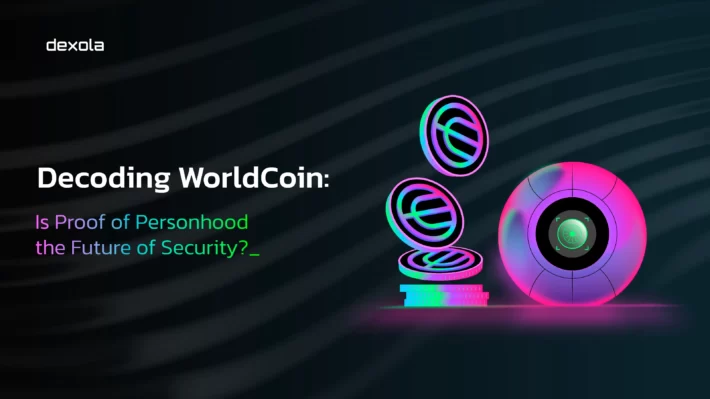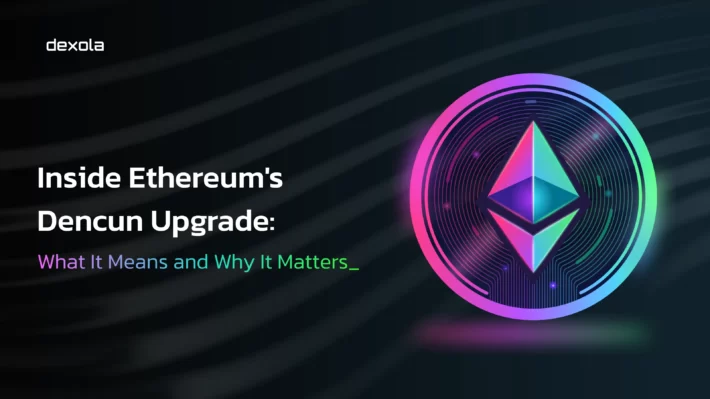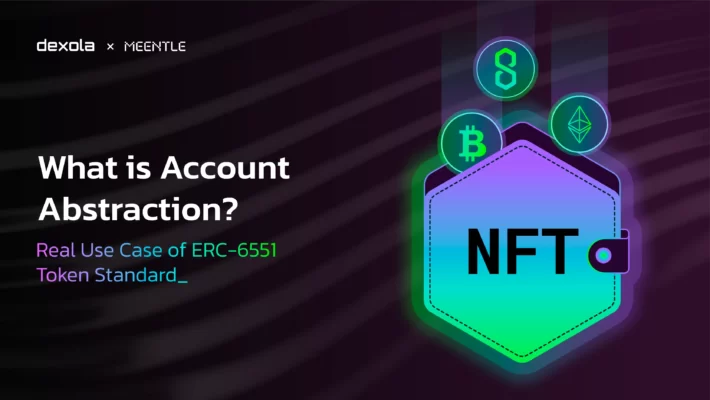Smart Contract Audit: What Is It, Benefits & Process – Dexola
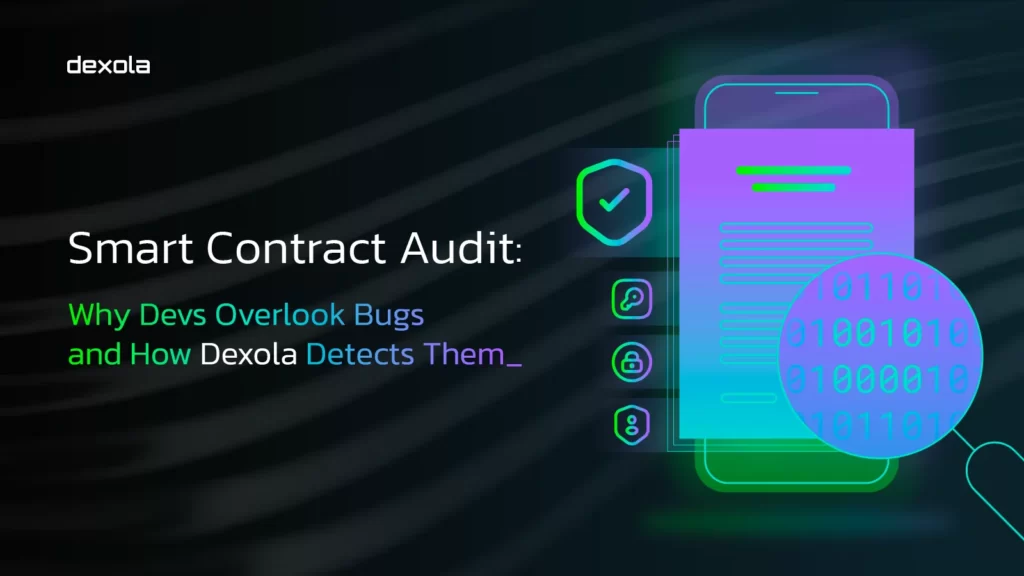
What is a smart contract audit? Most crypto enthusiasts are familiar with DeFiLlama, a service for tracking key metrics of popular DeFi protocols. One intriguing metric it offers is Total Value Hacked. It tallies the worth of crypto assets lost due to bugs and vulnerabilities in frontend and backend systems, key management, and smart contracts.
There have been at least 100 incidents resulting in losses ranging from $1 million to $570 million due to flawed smart contracts. These aren’t obscure, fly-by-night operations; we’re talking about household names like Binance, Compound Finance, and Wormhole, along with numerous DeFi and bridge projects that were compromised because of minor bugs.
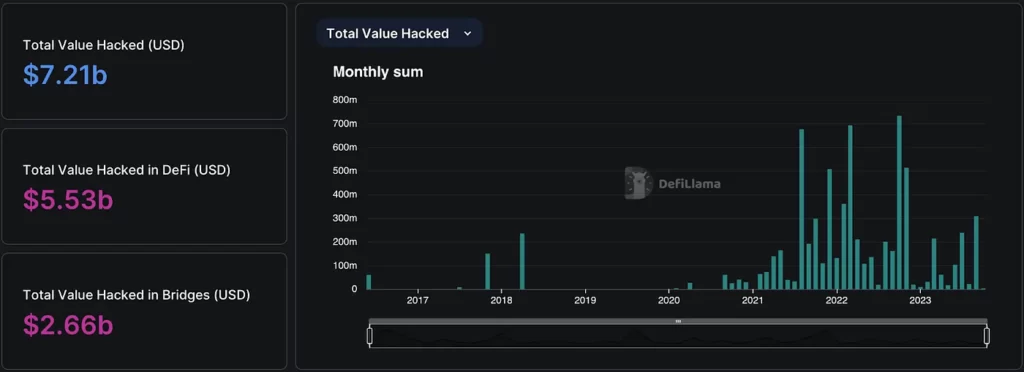
So how can a small oversight lead to massive financial loss, why do developers miss these flaws, and what are effective ways to identify and rectify them?
Why Smart Contract Bugs Are Hard to Spot for Their Devs
A bug is a segment of code that, under certain conditions, fails to operate as intended. A bug can be harmless, for example, bad rounding that might lead to an accidental burning of 0.000000000000001 of a token. They can also be catastrophic, such as the underflow bug in Bitcoin Core that enabled an attacker to create 184 billion BTC out of nowhere. It was so serious that Satoshi fixed that bug himself.
Hackers seek out bugs that enable them to commandeer smart contracts or pilfer crypto assets deposited by users. Finding and fixing vulnerabilities is crucial, as their unexpected discovery will surely lead to financial losses.
Bugs exist in virtually every piece of software because developers, preoccupied with coding, can’t anticipate every possible sequence of actions and inputs. E.g., the dev might implement an input type check so the function will accept only an integer value, but users might break it with “01” as an input and break the math logic.
Spotting such errors is challenging when you’re engrossed in implementing intricate functions. Guarding against issues like reentrancy, flash loans, and oracle attacks is even more challenging, as these often involve complex chains of transactions. That’s why well-known platforms like Bitcoin, the Solidity programming language, Solana blockchain, and numerous DeFi protocols had bugs upon their initial release. Luckily, smart contract auditing is called to handle this matter.
How to Find Bugs in Smart Contracts
What is a smart contract audit? It’s a process of finding and eliminating bugs and loopholes.
There are three approaches to uncovering bugs that may have previously slipped through the cracks in your smart contract.
First, your contract could be compromised by either black-hat or white-hat hackers, and you would then be able to analyze the transaction history to understand the exploited bug.
Second, you could initiate a bug bounty program to incentivize the discovery of vulnerabilities. While blackhats and whitehats usually look for profitable exploits, bug bounties are useful for spotting vulnerabilities that will lead to dApp instability or direct damage like erasing the contract’s storage.
Third, you can opt for a smart contract audit. Specialized developers will comb through each line of code to unearth even the smallest of bugs. Following the smart contract code audit, developers will execute automated tests to scrutinize the code for vulnerabilities against various types of attacks. Ultimately, you’ll receive a comprehensive report outlining each discovered bug, the potential fallout of its exploitation, and recommended fixes.
How Dexola Runs Smart Contracts Audits
At Dexola, we provide three services that our clients frequently bundle together into a smart contract security audit pack:
- a standard checklist,
- manual reviews,
- unit testing.
Here’s how the smart contract audit process goes in Dexola.
Unit testing involves crafting automated tests for each line of code to verify whether it functions as anticipated. Unit testing is the most comprehensive way to make sure that the contract is safe as it covers 100% of code and finds 80% of possible bugs. Recognizing that our clients’ development teams often conduct their own unit tests and share the outcomes with us, we make it a point to cross-verify every detail.
The standard checklist audit is conducted by our security team. They scrutinize the smart contract code for potential weak spots, looking for well-known vulnerabilities such as reentrancy, price oracle manipulation, and unauthorized access, among 30 other potential attack vectors included in cost. It might be enough if you are developing a DeFi or another Web3 project with common mechanics without overcomplicated functions and dependencies.
The manual security check is done by our dedicated cybersecurity specialists with code-break mindsets. They review the code and test their theories on how to make the contract do something unexpected, like allowing spending tokens that belong to others. Spotting bugs becomes significantly easier with a fresh perspective, particularly if you understand typical hacking strategies and what outcomes would delight an attacker.
The manual security check as a part of a tech audit smart contract is good for extreme cases: either obvious vulnerabilities or creative ones that only a few people will get an idea to pull off. Also, the manual audit is a must-do if you are building a project with unique mechanics.
What to Expect From The Smart Contract Audit
First, after the smart contract audit our clients receive a detailed report about all tests and security checks we did. We describe everything we find, even if it is something minor like an unused variable, and also suggest how to fix what we found.
Second, after our or the client’s developers fix the mid and high-threat bugs, auditors update the audit results immediately to reflect the changes. Most client companies publish the audit online with change logs because it shows the progress and makes the customers trust them more. Moreover, the Hacken security platform reveals that only 12 out of 78 projects implicated in rug pulls had undergone any sort of audit. So, if your project is unconventional, publicizing reports of a code audit can significantly bolster customer trust.
Third, smart contract audits serve as educational tools that empower your internal development team to grow and enhance their skills. It’s akin to drafting a bachelor’s thesis and having it critiqued by a seasoned Ph.D. who’s a family friend.
Conclusion
It is impossible to write a contract that is fully free of vulnerabilities. Solidity is a Turing-complete programming language, and that means that there is always a possibility to make such a chain of calls and inputs to make the contract do something that was not intended.
A thorough smart contract security audit will uncover the majority of bugs, providing you with the guidance needed to refine your product for market entry.
How to audit a smart contract? Just turn to professionals, share your product, and let them do their thing. For built-in auditing smart contracts as part of bulletproof smart contracts development services, or any other blockchain consulting, contact Dexola today.
Are you interested in Ethereum restaking? Read more about it in our blog.
